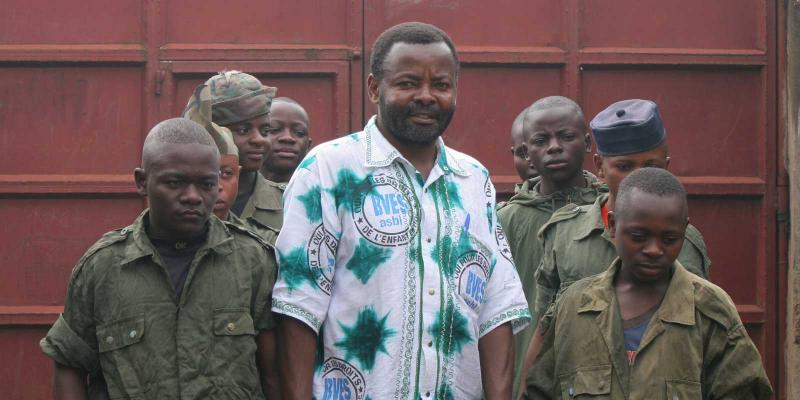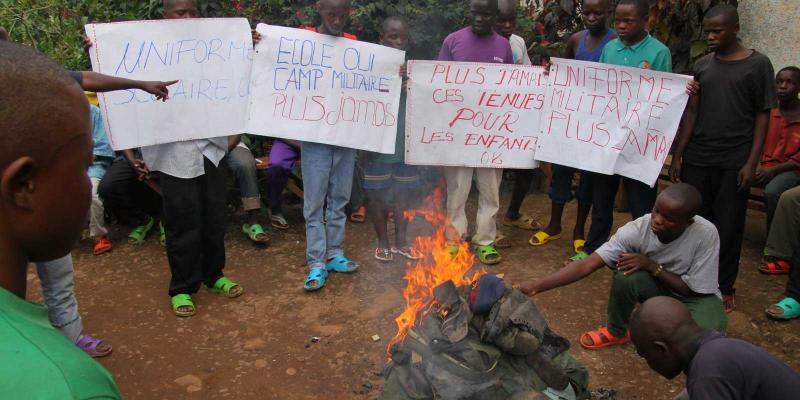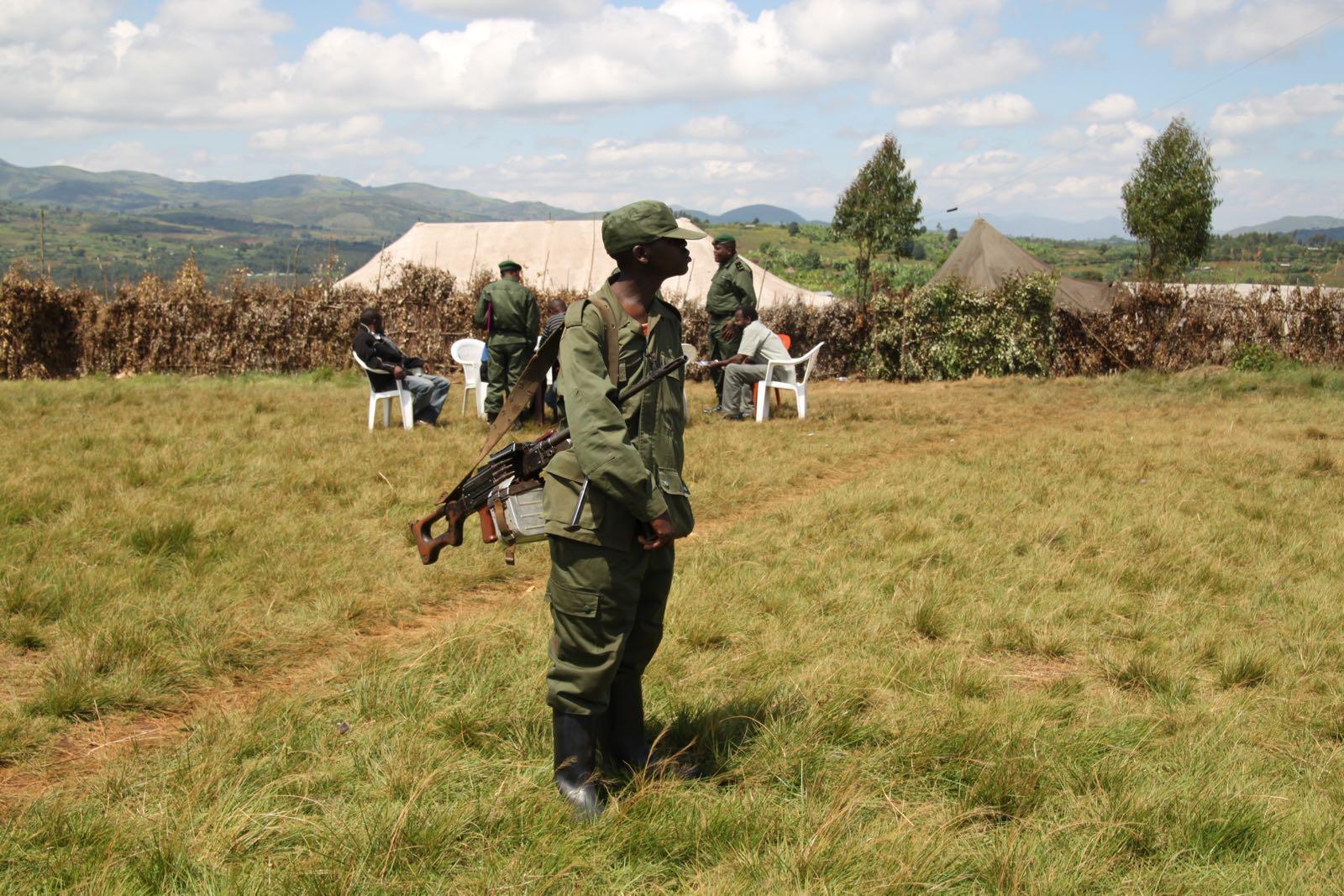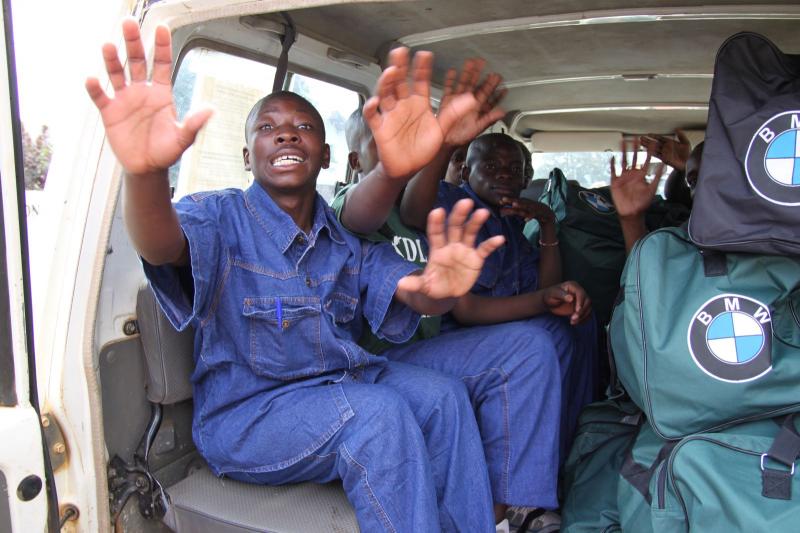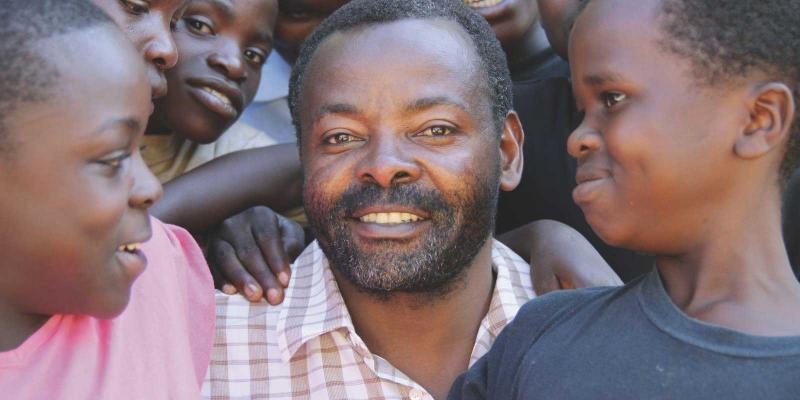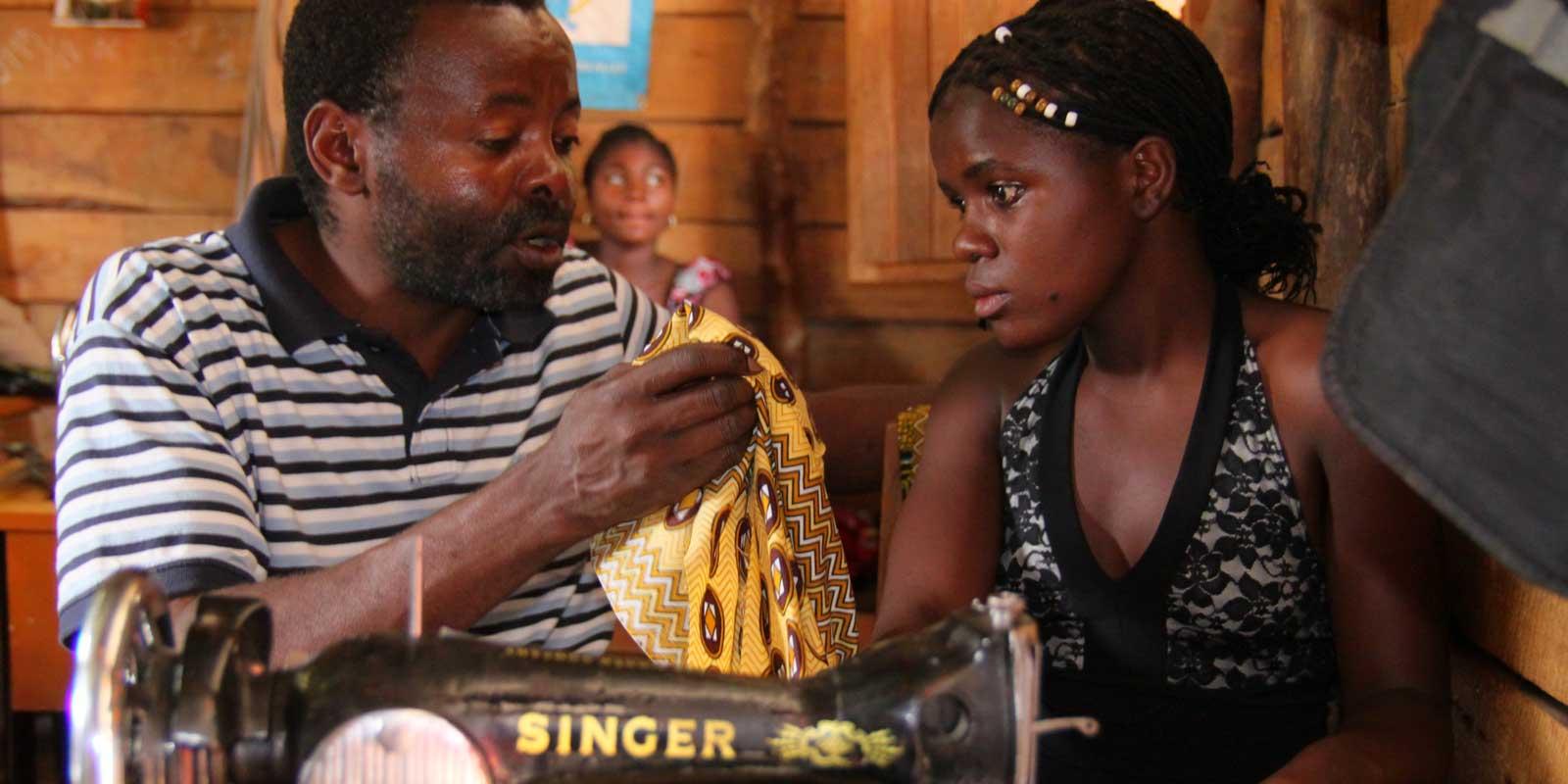
Faida could hear the screams of her friends nearby. They were suffering the same fate at the hands of the soldiers. Faida and her friends had been working in their families’ cassava field. No one noticed the soldiers until it was too late. Now two of Faida’s friends were dead. When one of the soldiers raised his machete to strike Faida, the commandant shouted:
“Don't kill her! She can be my wife!”
Armed soldiers guarded Faida and her friend Aciza as they trudged through the field, completely naked.
When they got to the soldiers’ camp, it started again.
“The next day the commandant and a few soldiers went looting. “As soon as he'd gone, the soldiers that were left started abusing me.”
When the commandant came back, Faida was his alone. But as soon as he was out fighting or looting, she was abused by everyone. Day after day. All day long.
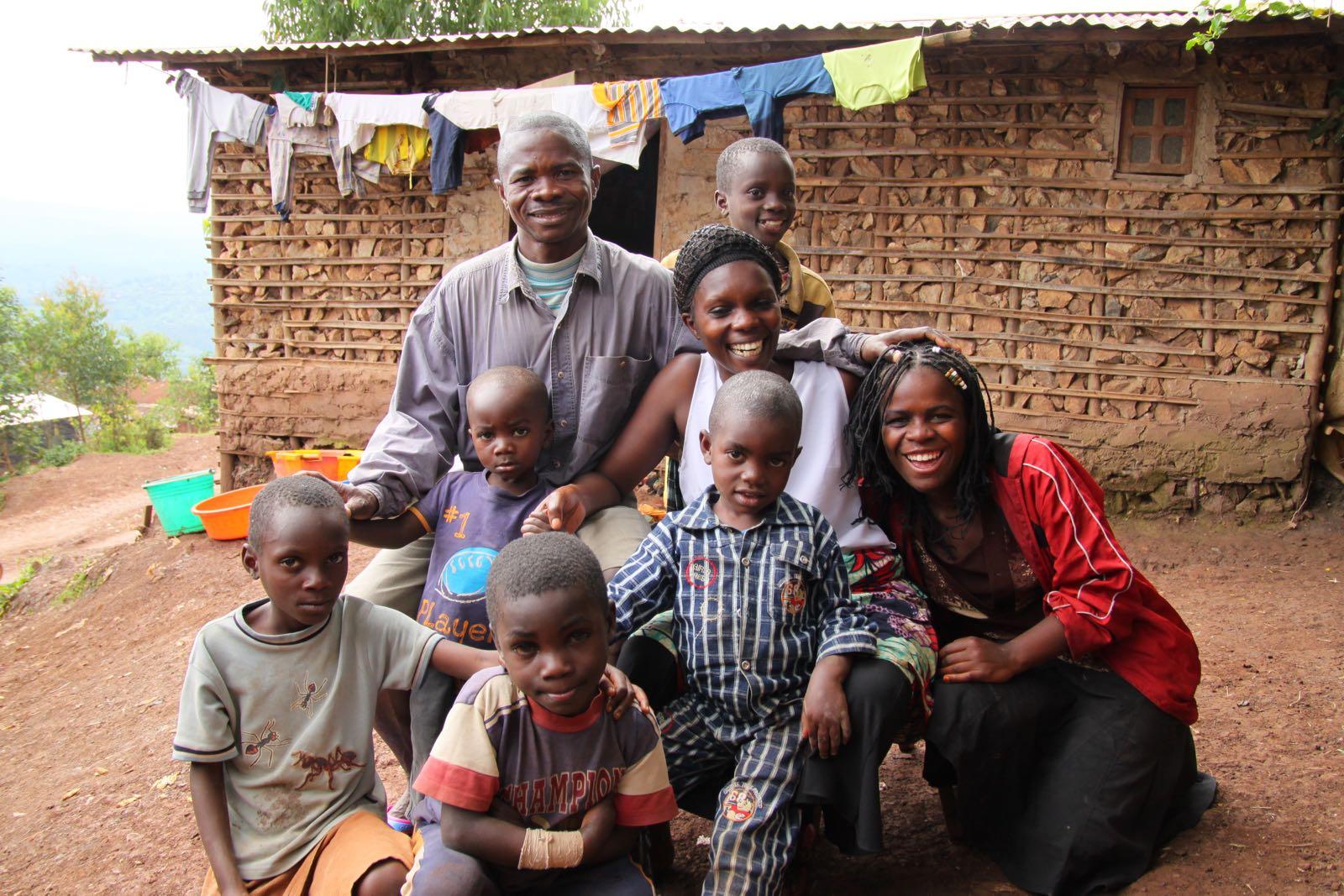
"The day I was called to BVES to see if a girl they had there was my Faida was the happiest day of my life! Today she is my daughter and belongs to my family," says Faida's big sister Donia
Life as a soldier
“I just couldn’t handle being everyone's slave, despite the drugs they forced us to take.” Some of the girls in the camp were soldiers, and Faida had noticed that they were never raped. She asked the commandant if she could be a soldier.“He agreed, and after two months of weapons training, I was a member of his army.”
Early one morning it was time for Faida to carry out her first attack.
“We were given drugs before we left the base. We children were forced to walk at the front. My friend Aciza was suddenly hit in the back. She died.”
Faida was constantly thinking about escaping. But she couldn't.
“A little boy tried to escape once. He was shot immediately.”
“The first time Murhabazi came, I saw an unarmed man with his arms in the air, saying: “Amani leo!”, “Peace now!”. He could easily have been killed, but he wasn't afraid,” Faida recalls.
Murhabazi said that he was there to take the children home and that children shouldn’t be soldiers, they should be going to school.
The commandant refused to release the children, so Murhabazi had to leave empty-handed. A few years later he came back, but it ended in the same way.
Third time lucky
When Faida had been held for four years, Murhabazi came again.“I couldn’t believe it when Murhabazi hugged me and said: “This is your chance! Everything’s going to be all right.”
Faida got the chance to start school again at Murhabazi’s home for abused girls.
Related stories
Långgatan 13, 647 30, Mariefred, Sweden
Phone: +46-159-129 00 • info@worldschildrensprize.org
© 2020 World’s Children’s Prize Foundation. All rights reserved. WORLD'S CHILDREN'S PRIZE®, the Foundation's logo, WORLD'S CHILDREN'S PRIZE FOR THE RIGHTS OF THE CHILD®, WORLD'S CHILDREN'S PARLIAMENT®, WORLD'S CHILDREN'S OMBUDSMAN®, WORLD'S CHILDREN'S PRESS CONFERENCE® and YOU ME EQUAL RIGHTS are service marks of the Foundation.



